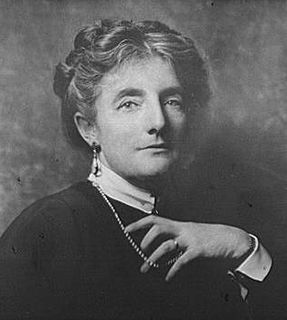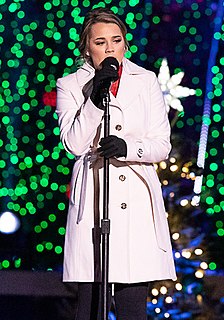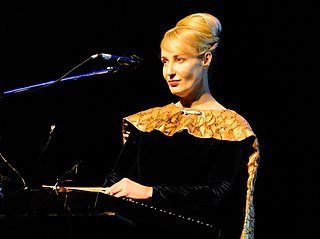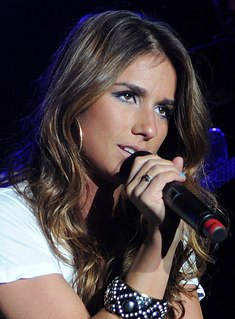A Quote by Aaron Sorkin
There's that process of writing it - then you come out of your room into the sunlight, and you now have to complete the circuit and make the connection finally with the audience.
Related Quotes
Traditionally, people have been adapting novels and short stories forever. Now, they're doing it simultaneously, with an eye towards writing the movie before the novel has even come out or been finished. It's a function of this hyper-accelerated society we live in, where everyone is trying to short circuit the process.
Poets are immersed in process, and I mean process not as an amorphous blur but as a discipline. The hard work of writing has taught me that in matters of the heart, such as writing, or faith, there is no right or wrong way to do it, but only the way of your life. Just paying attention will teach you what bears fruit and what doesn't. But it will be necessary to revise--to doodle, scratch out, erase, even make a mess of things--in order to make it come out right.
For me writing is a long, hard, painful process, but it is addictive, a pleasure that I seek out actively. My advice to young writers is this: Read a lot. Read to find out what past writers have done. Then write about what you know. Write about your school, your class, about your teachers, your family. That's what I did. Each writer must find his or her own kind of voice. Finally, you have to keep on writing.
Writing with a partner is, in some ways, an easy but odd process. Two people come into a room and look to each other for motivation. One might not be in the right mood at any given moment. And somehow, you begin; somehow, out of your exchange of thoughts, something engages both of you, and the process of collaboration begins.
Separate out the creative act from the act of editing and execution. Make it a two-step process. First, let ideas flow and encourage EVERY idea to make it to the whiteboard. Don't criticize, judge, edit, budget, or worry. An idea on the wall can't hurt anyone, so let them rip without restriction. After any and all ideas have the opportunity to "come out to play", only then should you apply your analytical and logical side to the effort. Don't mix the creative process with the editing process or you'll kill your ideas before they even get a fighting chance.
Love is what makes you do everything. It really does conquer all. With my first album, I was writing about empowerment hoping that would make it true. And now it is. I'm in charge. I make the rules. I've been writing since I was nine years old and I'm very much involved in the creative process. And now that I'm in a happier place in my personal life, I'm spitting songs out left and right.
Get out into the sunlight-out where everything is-with a vibration that is so dominant that those who annoy you, those who don't agree with you, those who make your life feel uncomfortable, don't come into your experience, because your vibration-through your practice-has become so clear, so pure, so clean, so in keeping with what you want, that the world that revolves around you just feels like that. That's what you planned.





































